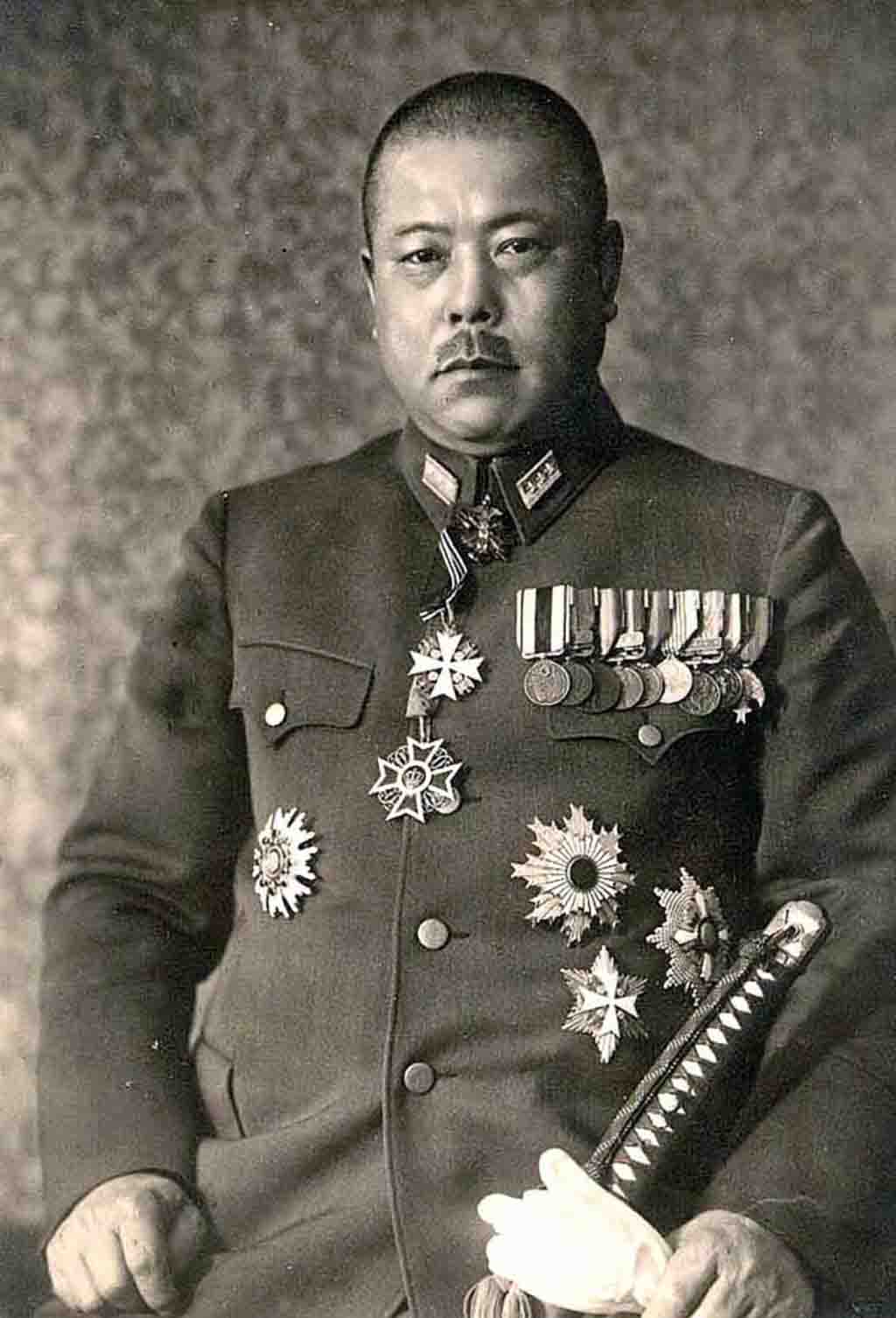Tomoyuki Yamashita, Tiger of Malaya, is a native of Shikoku, the son of a doctor.
Tomoyuki Yamashita Served in many command and staff posts, trained in Europe (1919-1922), military attache in Austria and Hungary (1927-1930). Head of a special military mission sent to Germany and Italy (1940-1941). With the outbreak of the war in the Pacific, Tomoyuki Yamashita commanded troops in Malaya and Sumatra. He led the capture of Singapore – one of the most famous operations of the Second World War, then was appointed commander of the army in Manchuria. In the last year of the war, Tomoyuki Yamashita led the defense of the Philippines, established himself as a great tactician and organizer. Yamashita turned the capital of the Philippines into a powerful fortified area, the garrison of which fought courageously for more than a month. All bridges were blown up and all roads around the city were mined. In addition, Japanese troops set fire to the wooden buildings of the capital. In the fires burned tens of thousands of people in Manila. MacArthur ordered not to bomb Manila, but artillery shelling did not stop. When on March 3 the garrison of Manila surrendered, from the city there were only smoking ruins. In this battle, the Americans lost about a thousand people, the Japanese losses were equal to sixteen thousand. But the civilian casualties were horrendous. During the fighting, 100,000 inhabitants of Manila were killed. Defeated, Yamashita went to the mountains and stayed there until the end of the war. On September 2, 1945, General Yamashita left his headquarters in the mountains and signed the surrender of his army. In October, he appeared before a military tribunal on charges of mass death of civilians during the assault on Manila. Direct evidence of his guilt was not found, but the court sentenced the general to death by hanging. His execution was considered contemporaries, including in the United States, as a clear revenge of the American and English generals for the 1942 defeat. This contributed to the posthumous popularity of Tomoyuki Yamashita, who is now considered one of the most talented Japanese generals.
